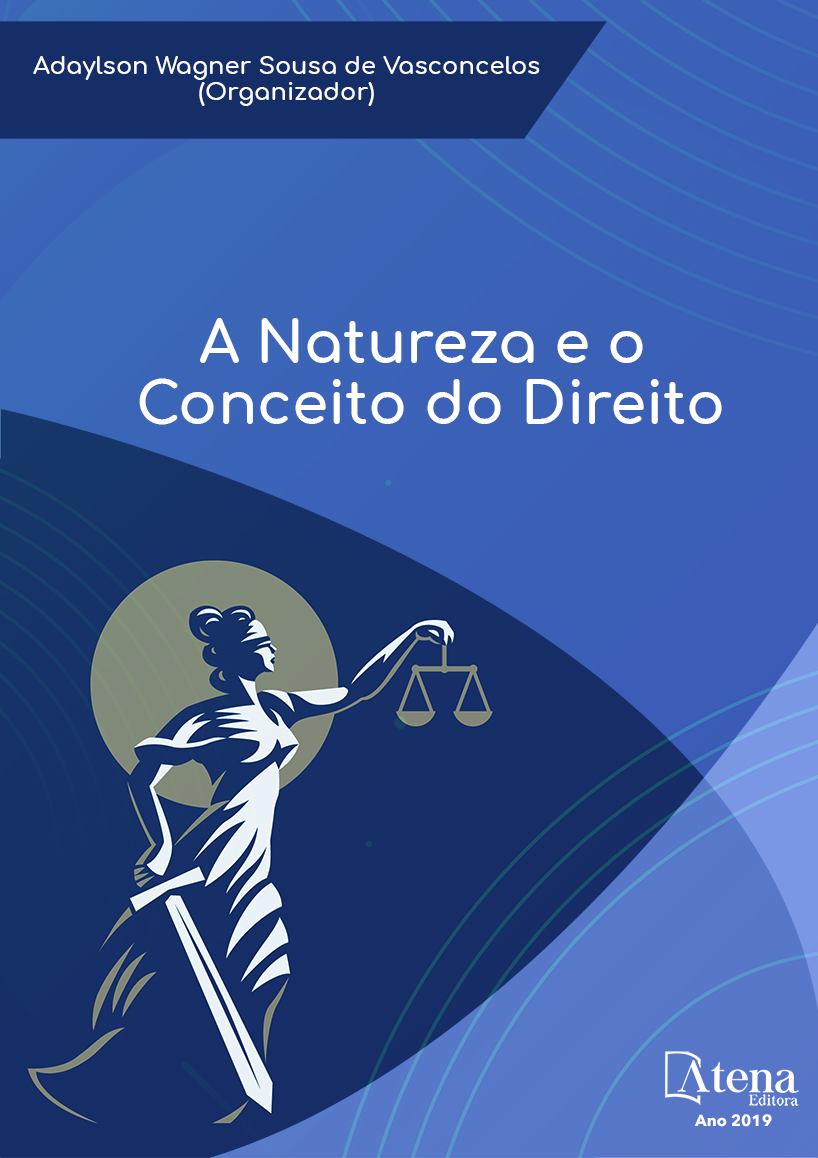
O CASO BARRETO LEIVA VS. VENEZUELA: a garantia do duplo grau de jurisdição e o foro especial por prerrogativa de função na ótica da jurisprudência da Corte Interamericana de Direitos Humanos
Através da pesquisa bibliográfica
e jurisprudencial, baseando-se no método
indutivo-dedutivo, o presente trabalho objetivou
realizar um estudo comparativo entre a
jurisprudência brasileira, do Supremo Tribunal
Federal, e a da Corte Interamericana de Direitos
Humanos, sobre o duplo grau de jurisdição e
o instituto do foro especial por prerrogativa de
função (privilegiado). Nessa comparação se
constata a incompatibilidade do sistema jurídico
brasileiro com a Convenção Americana de
Direitos Humanos. A partir de uma concepção
do duplo grau de jurisdição como garantia, e
não mero princípio interpretativo, impõe-se o
seu estrito cumprimento, pelo Brasil, nos termos
da Convenção Americana. A jurisprudência
do Supremo Tribunal Federal, aponta que,
majoritariamente, a Corte não concebe o duplo
grau como garantia constitucional, e com tal
admissão possibilita-se a sua mitigação. Assim,
a jurisprudência pátria admite a mitigação do
duplo grau de jurisdição em casos específicos
como no julgamento originário das ações penais
pelo Supremo Tribunal Federal. Entretanto,
a Corte Interamericana de Direitos Humanos
tem o entendimento consolidado (caso Barreto
Leiva vs. Venezuela) de que nenhuma pessoa
pode ser privada de interpor recurso contra
condenação criminal. A Corte determinou
também, neste caso, que o Estado deve adequar
seu ordenamento jurídico de forma a garantir o
duplo grau de jurisdição em face de decisões
condenatórias, especialmente para as pessoas
que detém foro especial por prerrogativa de
função. Assim, apresenta-se um estudo sobre
o instituto do foro especial por prerrogativa
de função, apontando a necessidade de
aproximação entre a ordem jurídica nacional e
internacional.
O CASO BARRETO LEIVA VS. VENEZUELA: a garantia do duplo grau de jurisdição e o foro especial por prerrogativa de função na ótica da jurisprudência da Corte Interamericana de Direitos Humanos
-
DOI: 10.22533/at.ed.7681908102
-
Palavras-chave: Corte Interamericana. Direitos Humanos. Duplo Grau de Jurisdição. Foro Especial. Barreto Leiva vs Venezuela.
-
Keywords: Inter-American Court. Human rights. Double Degree of Jurisdiction. Special Forum. Barreto Leiva vs Venezuela.
-
Abstract:
Through bibliographical and
jurisprudential research, based on the inductivedeductive method, the present work aimed
to carry out a comparative study between the Brazilian jurisprudence of the Supreme Court and the Inter-American Court of Human
Rights, regarding the double degree of jurisdiction and the institute of the special
forum by privileged (privileged) function. This comparison shows the incompatibility
of the Brazilian legal system with the American Convention on Human Rights. From
a conception of the double degree of jurisdiction as a guarantee, and not merely an
interpretative principle, its strict compliance by Brazil under the terms of the American
Convention is required. The jurisprudence of the Federal Supreme Court points out that,
for the most part, the Court does not conceive of the double degree as constitutional
guarantee, and with such admission its mitigation is possible. Thus, the case law of the
country admits the mitigation of the double degree of jurisdiction in specific cases such
as the original judgment of criminal actions by the Federal Supreme Court. However,
the Inter-American Court of Human Rights has a firm understanding (Barreto Leiva v.
Venezuela) that no person can be deprived of an appeal against criminal conviction. In
this case, the Court also ruled that the State should adjust its legal system to guarantee
a double degree of jurisdiction in the face of condemnatory decisions, especially for
persons who have a special jurisdiction by virtue of their function. Thus, it is presented
a study about the institute of the special forum by prerogative of function, pointing out
the necessity of approximation between the national and international legal order
-
Número de páginas: 15
- JULIA ROCHA CHAVES DE QUEIROZ E SILVA
- Bruno Augusto Pasian Catolino


